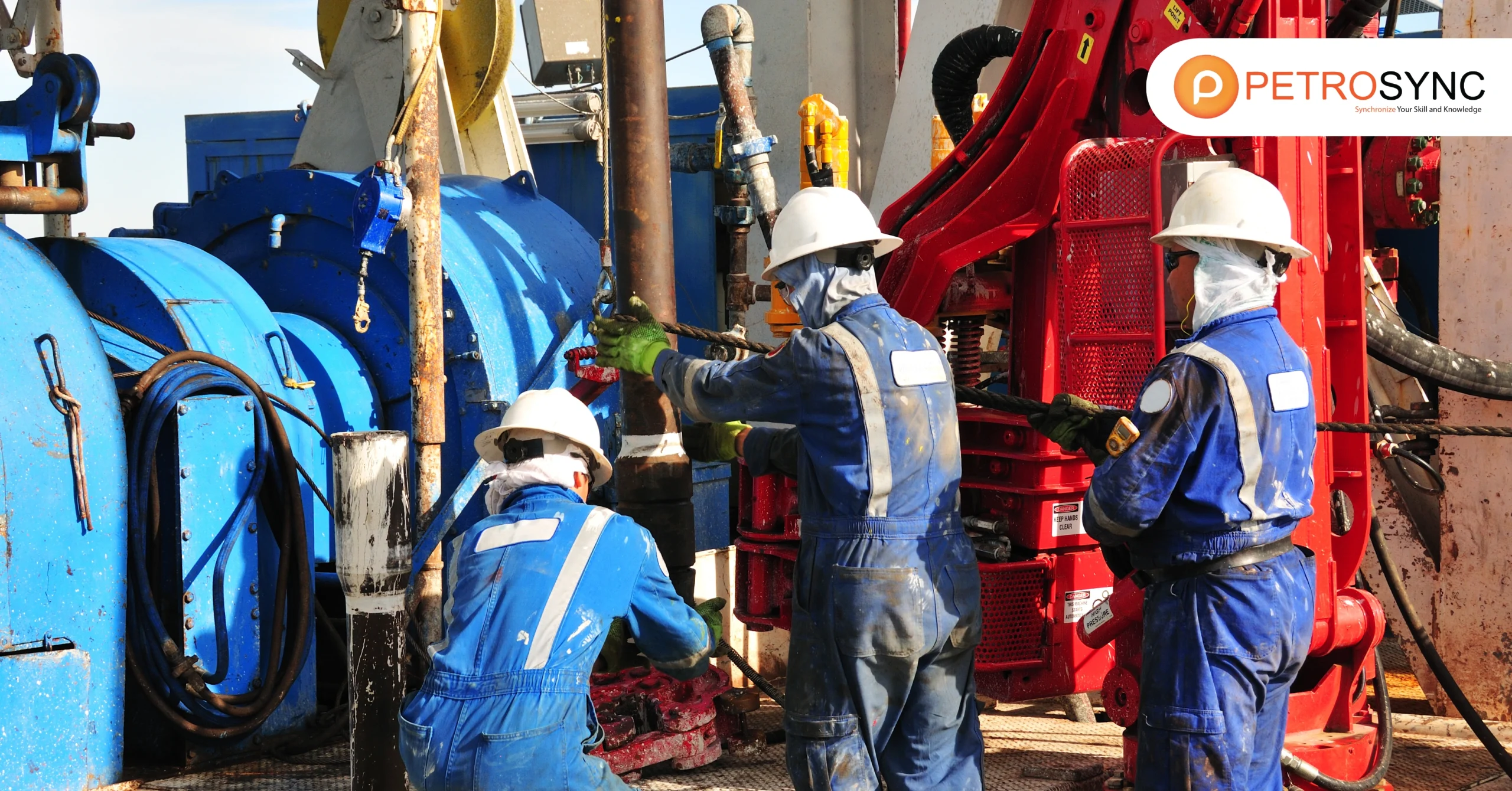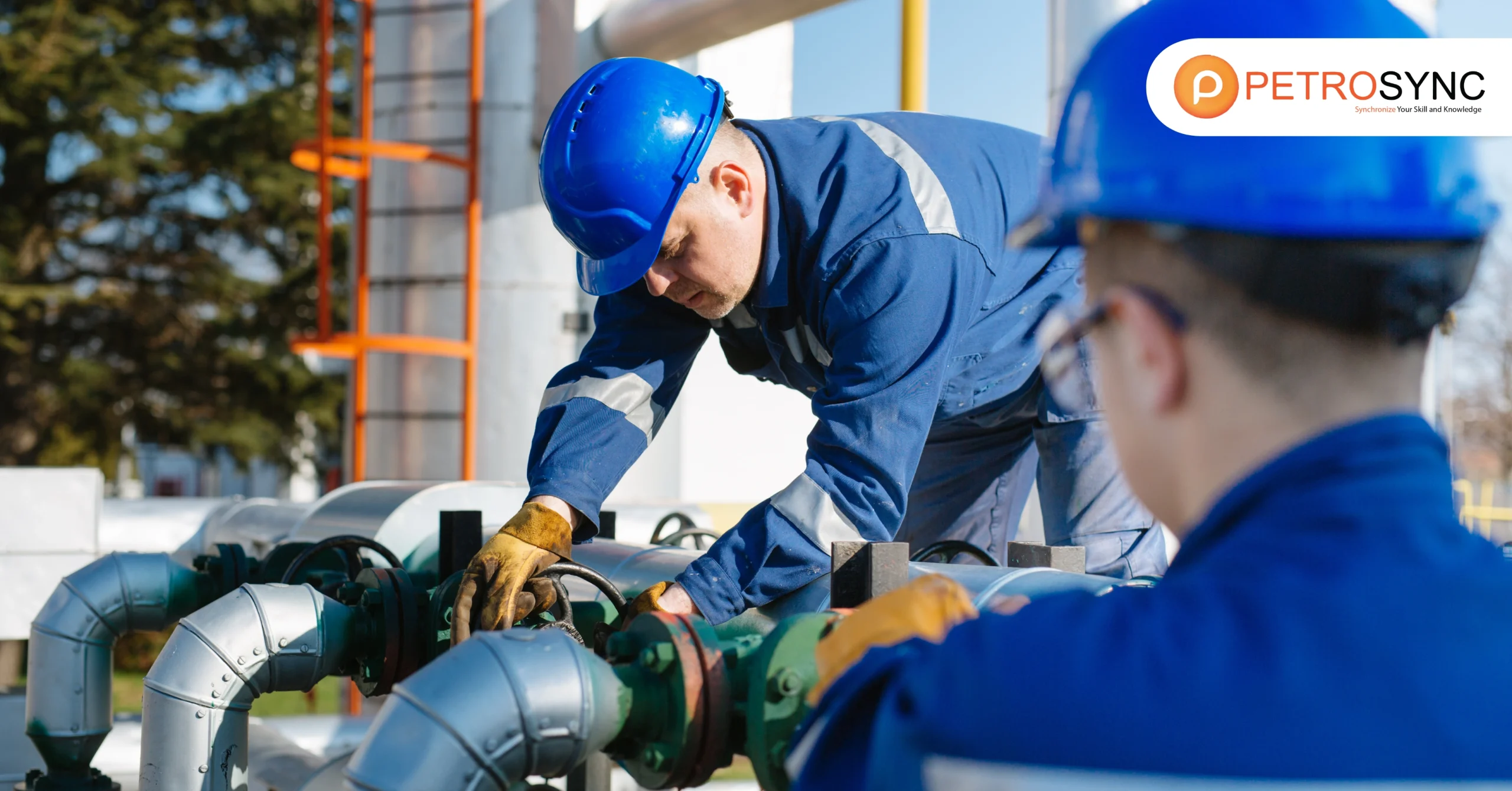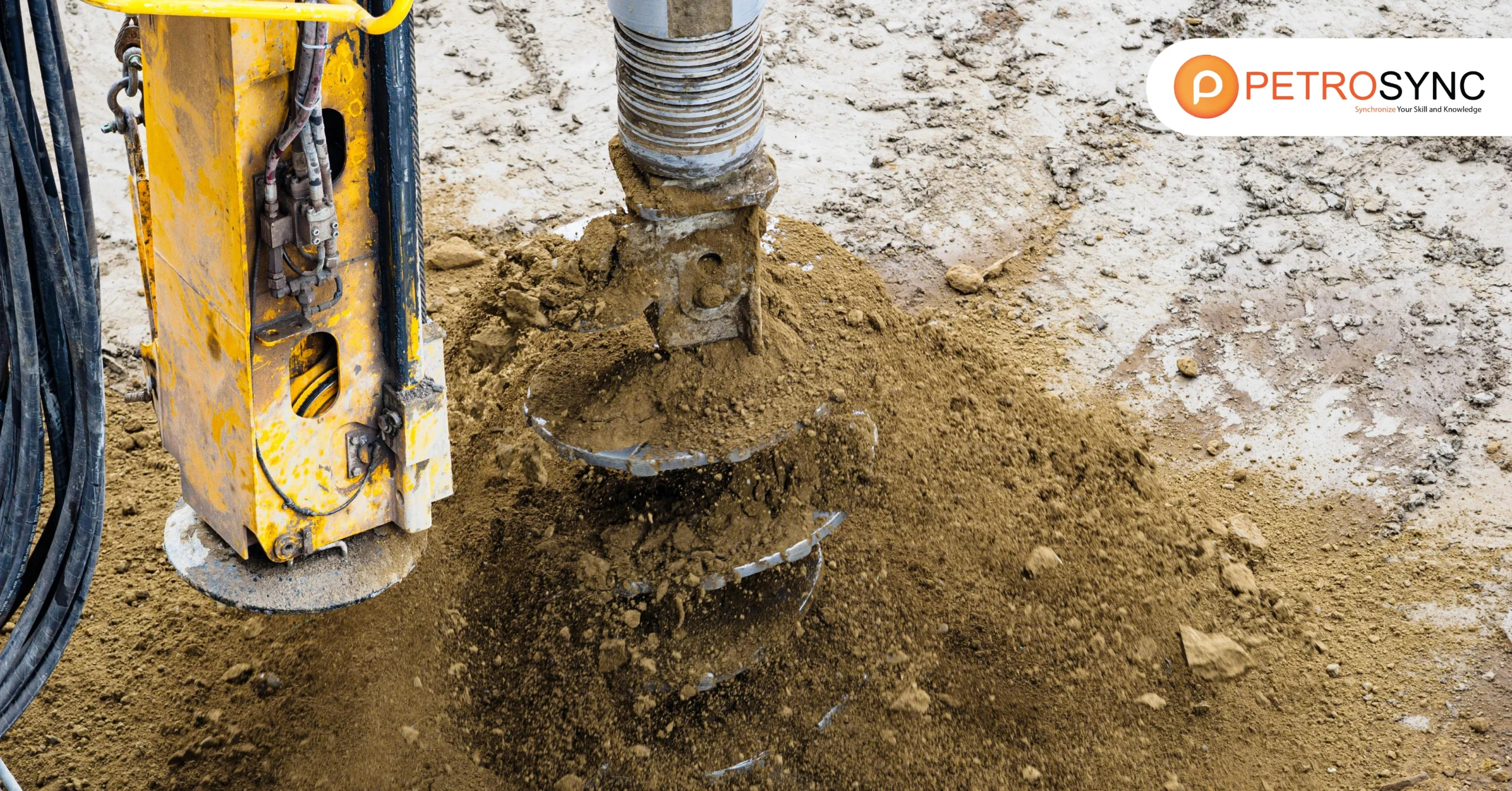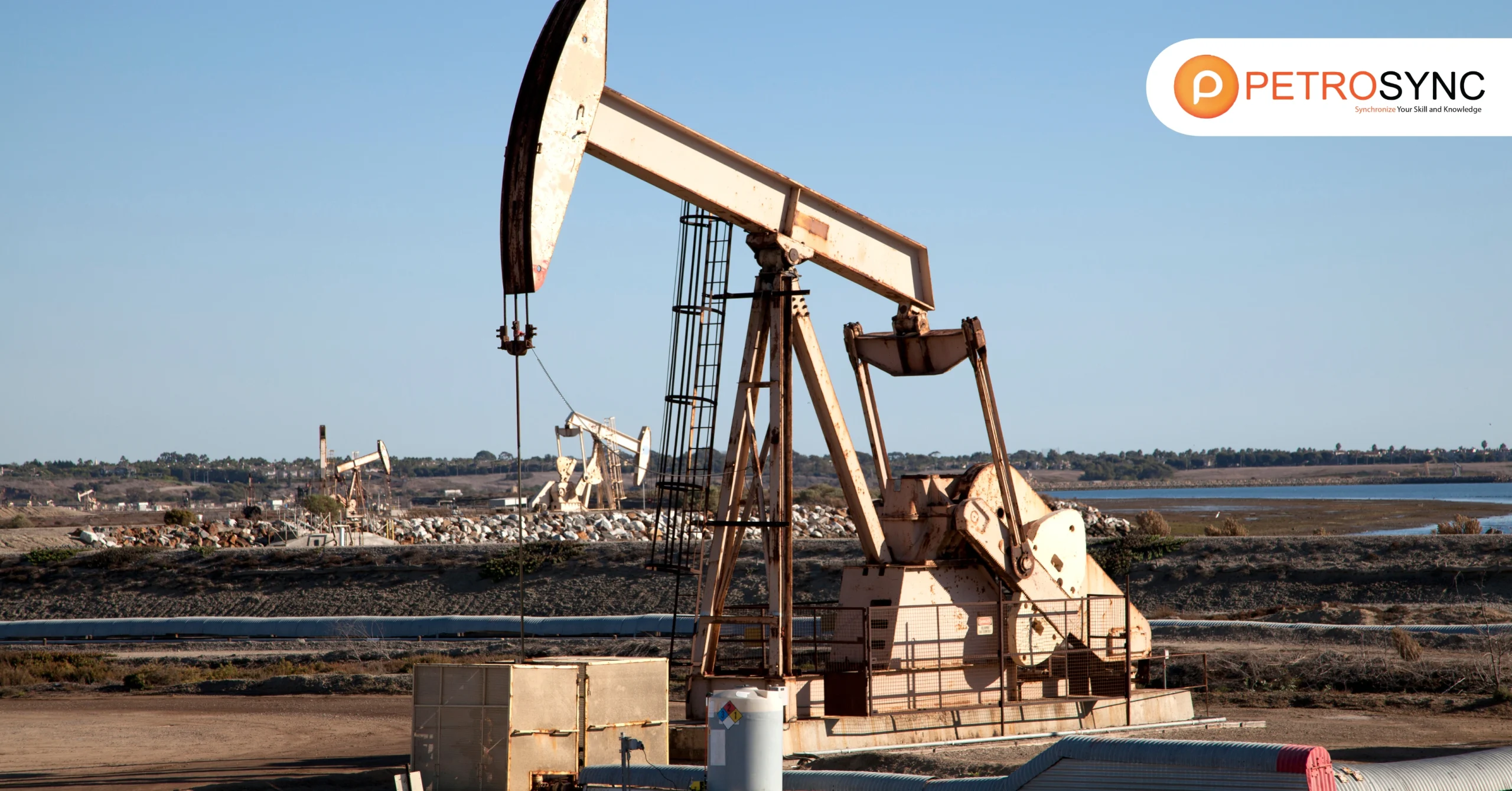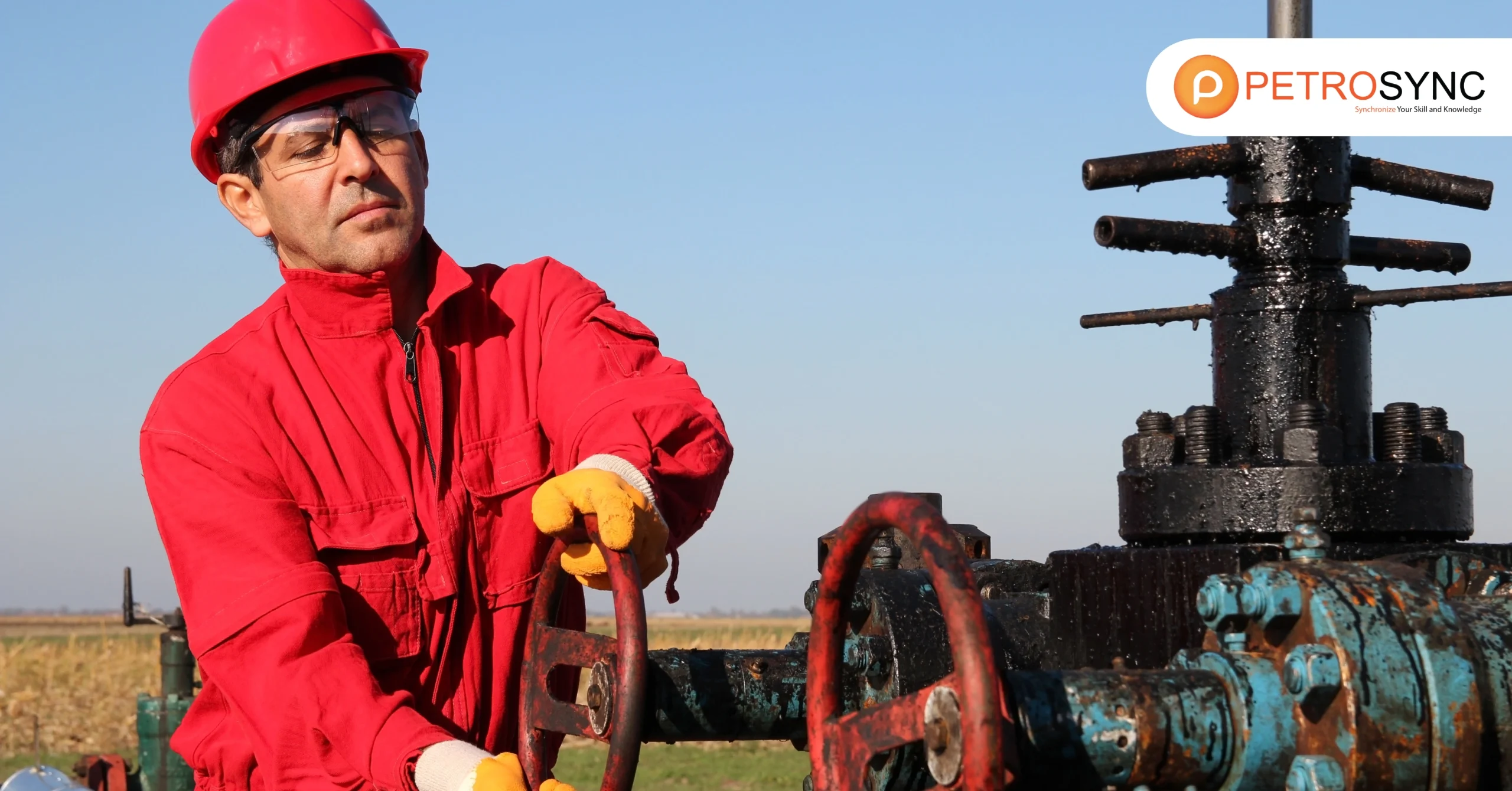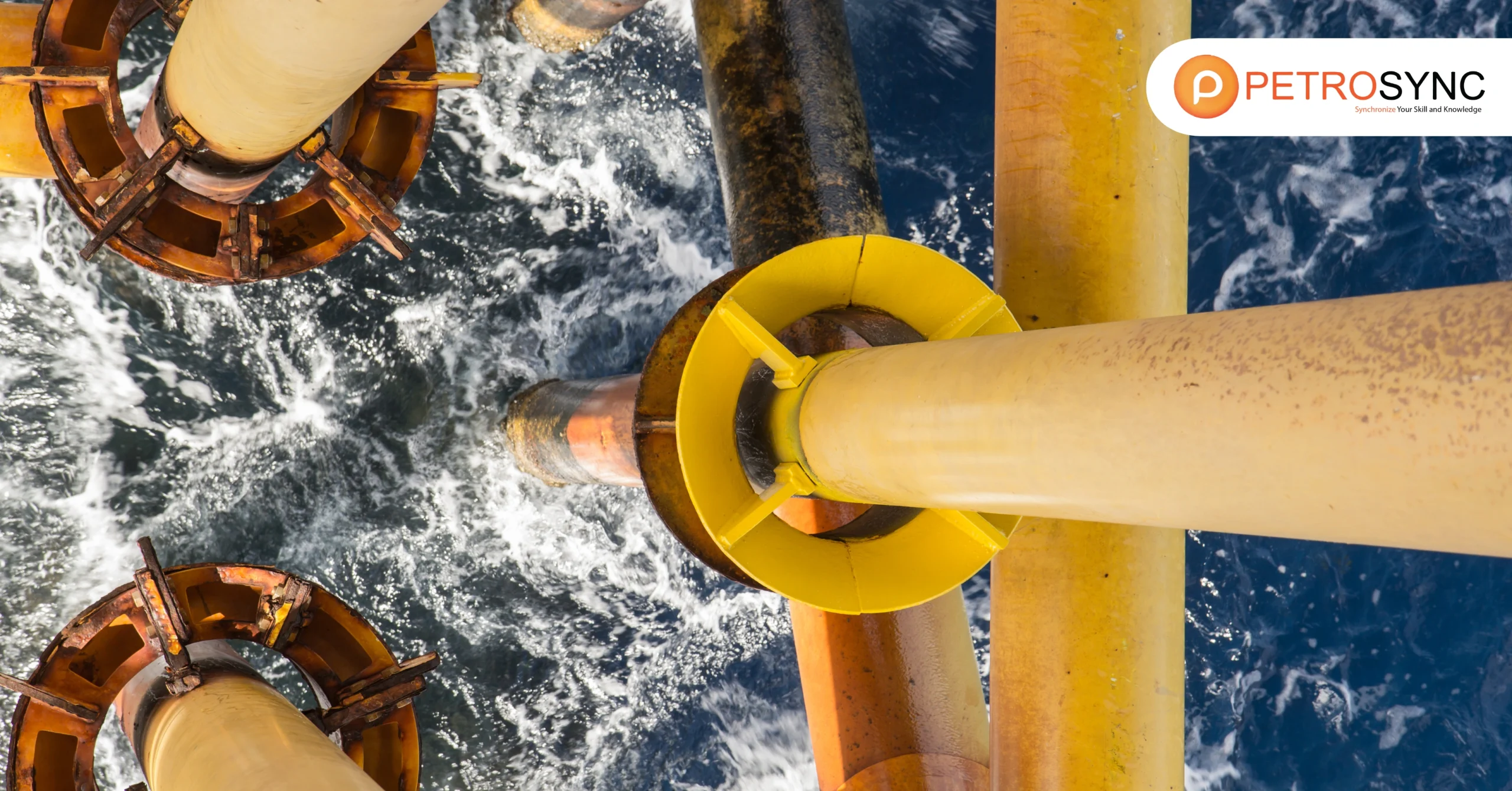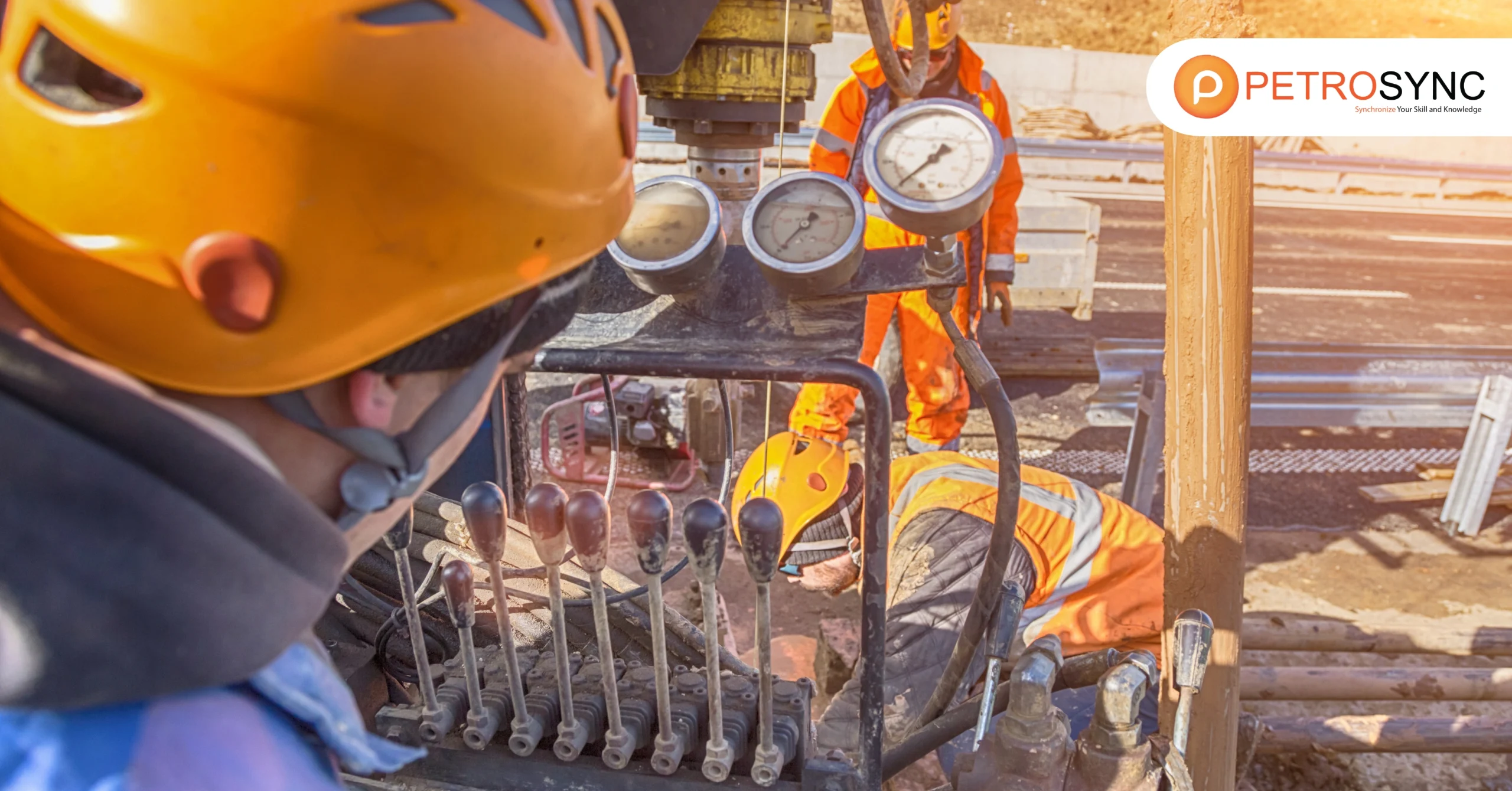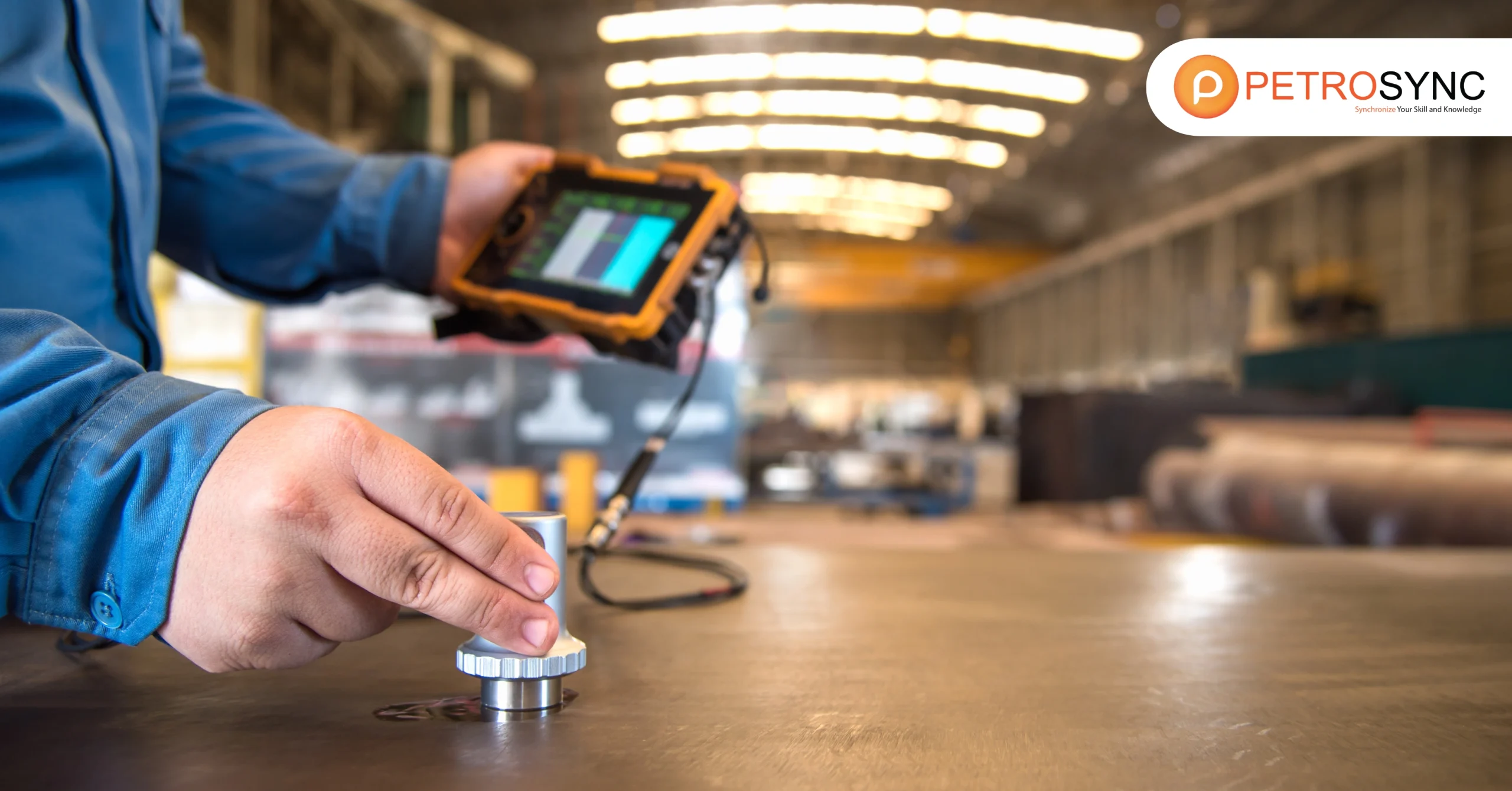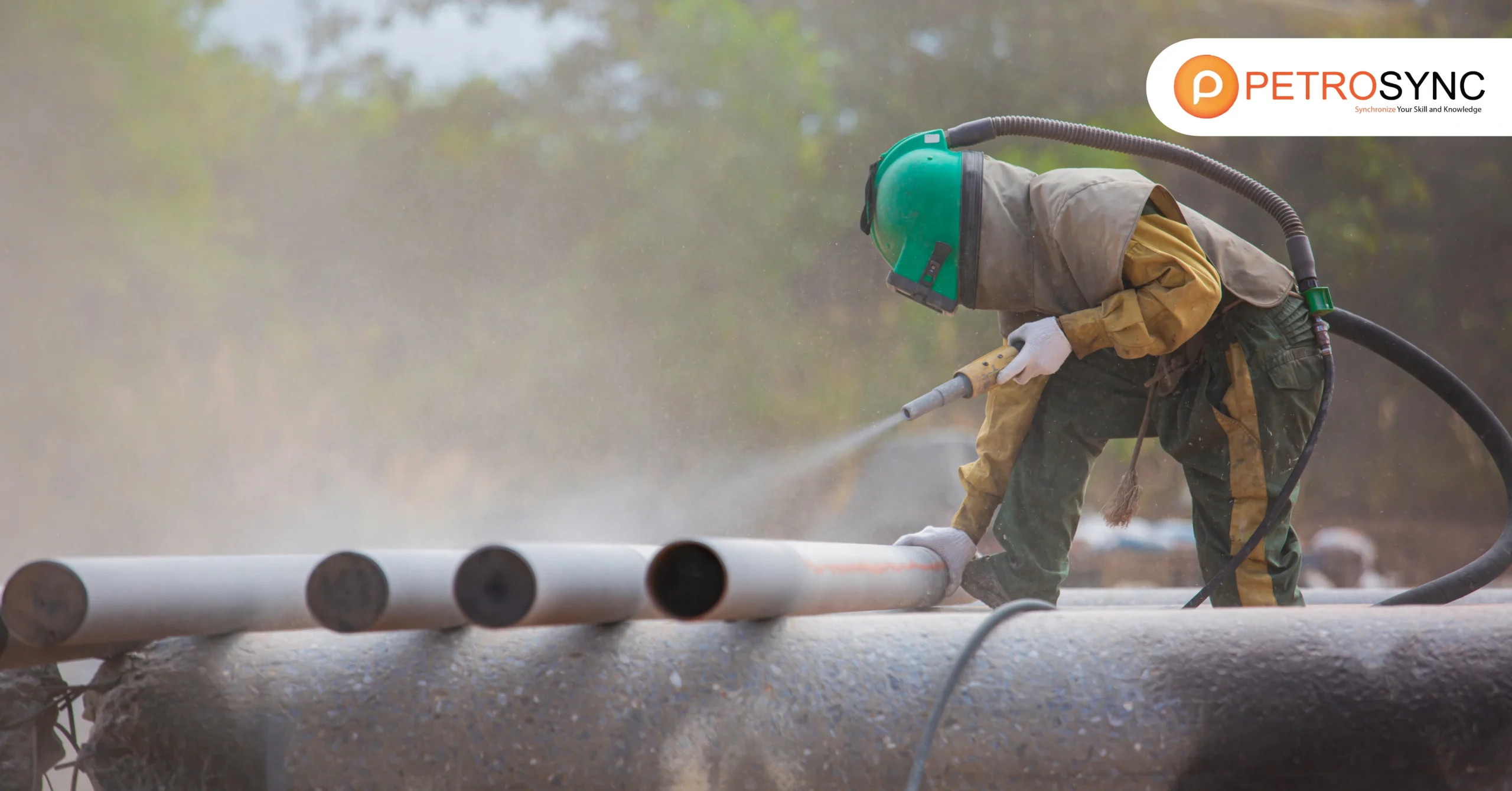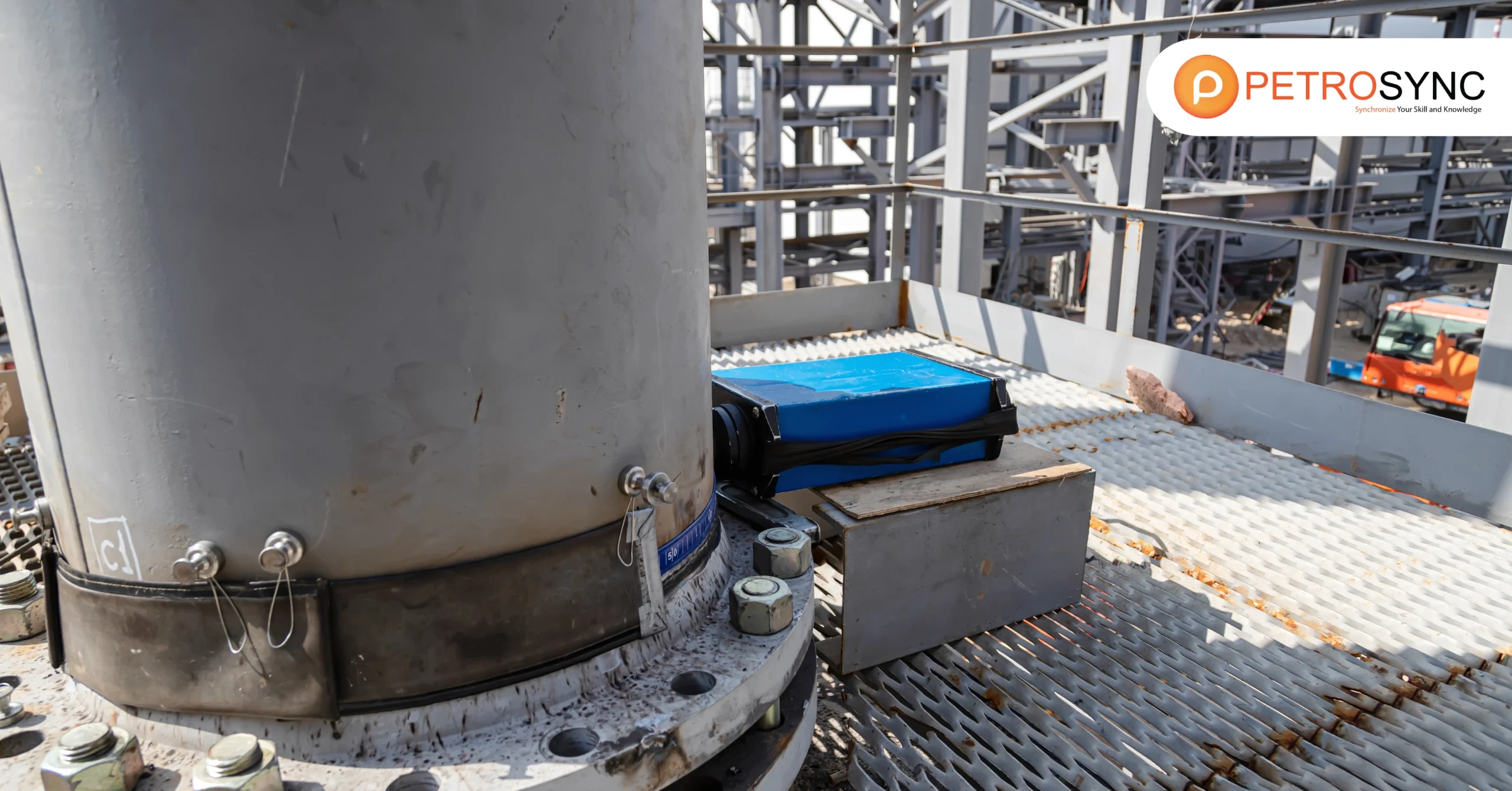In today’s fast-paced and aggressive strength industry, a complete perception of the oil drilling system is more vital than ever. Whether overseeing offshore systems or managing onshore rigs, senior gurus have to hold close the crucial methods and tools to…
In the tricky panorama of electrical energy exploration, drilling oil rig serve as the backbone of present day extraction operations. These towering structures, regularly considered in every offshore and onshore environments, are more than truly engineering marvels – they are…
In order to meet the world’s strength needs, an increasing number are required to get right of entry to reserves that are placed a long way from land, under huge ocean floors. Thanks to offshore drilling, a fundamental technological know-how…
In the evolving narrative of world energy, oil continues to play a central feature in powering economies and enabling industrial progress. Yet, at the lower back of each barrel lies an challenging machine considered as oil drilling – a self-control…
The oil and gasoline employer faces intricate challenges when it comes to optimizing hydrocarbon manufacturing from subsurface reservoirs. One of the most crucial phases in this manner is precise completion. Often regarded as the ultimate hyperlink between drilling operations and…
The oil and gasoline enterprise is one of the most technically superior and strategically vital sectors in the world economy. Yet in the back of each barrel of crude oil extracted lies a method that is each quite technical and…
In the ever-evolving oil and fuel industry, the function of a drilling engineer is no longer solely essential – it’s foundational to the success of any drilling operation. From technical sketch to on – web site decision-making, drilling engineers aren’t…
In the oil and gasoline industry, a single failure in gear can lead to huge penalties – each in protection and monetary loss. From corroded pipelines to unseen weld defects, minor flaws can shortly improve into predominant operational risks. This…
Everything from the enormous refineries that process crude oil to the vast pipelines that run beneath oceans is built on steel and aluminum. Behind the strength of these materials, however, lies a slow but persistent force called corrosion, which, if…
As we delve into the intricacies of heating systems, it is essential to understand the fundamental of two commonly used devices: boilers and furnaces differences. These heating systems play pivotal roles in providing warmth to homes, commercial spaces, and industrial…

